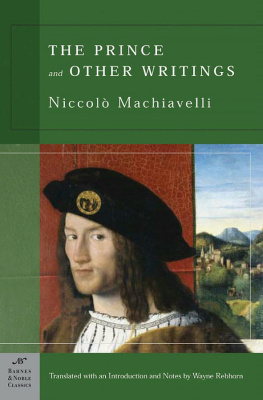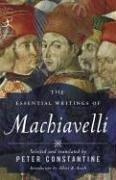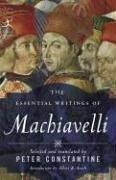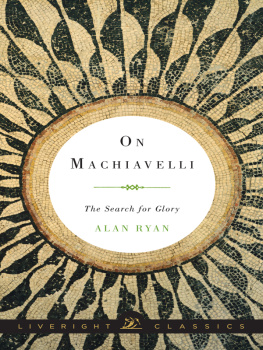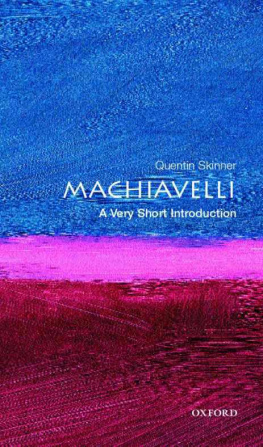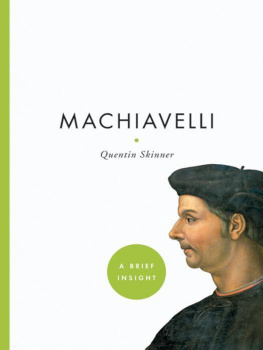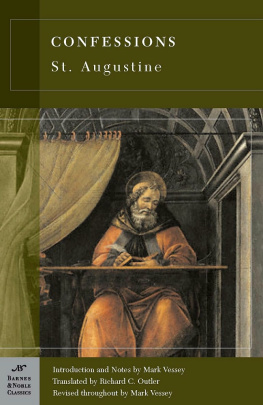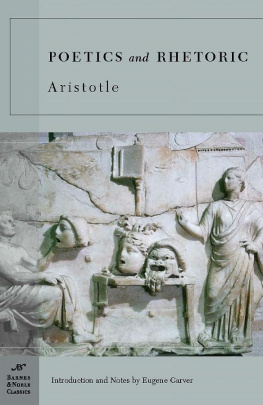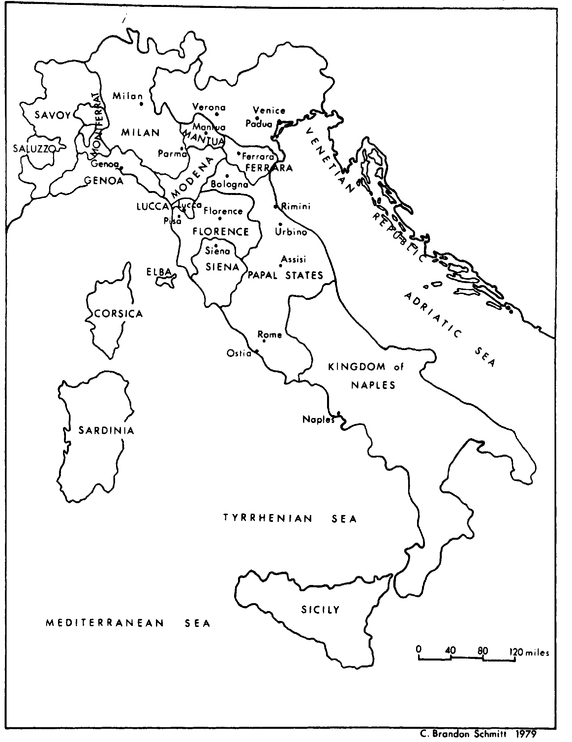
Table of Contents
From the Pages of The Prince and Other Writings
There is nothing more difficult to manage, or more doubtful of success, or more dangerous to handle than to take the lead in introducing a new order of things.
A prince, therefore, must have no other object or thought, or take up anything as his profession, except war and its rules and discipline, for that is the only art that befits one who commands.
The distance is so great between how we live and how we ought to live that he who abandons what is done for what ought to be done learns his ruin rather than his preservation; because a man who wants to make a profession of goodness in everything is bound to come to ruin among so many who are not good.
Men have less hesitation about offending one who makes himself loved than one who makes himself feared, for love is held together by a chain of obligation which, because men are sadly wicked, is broken at every opportunity to serve their self-interest, but fear is maintained by a dread of punishment which never abandons you.
There are two methods of fighting, one with laws, the other with force: the first one is proper to man, the second to beasts; but because the first one often does not suffice, one has to have recourse to the second.
Whenever the majority of men are not deprived of their property or honor, they live contentedly.
It is better to be impetuous than cautious, for Fortune is a woman, and it is necessary, if you wish to keep her down, to beat her and knock her about. And one sees that she lets herself be conquered by men of this sort more than by those who proceed coldly. And therefore, like a woman, she is always the friend of the young, because they are less cautious, fiercer, and command her with more audacity.
Fortune, who wants to be the arbiter of all things human, did not give me enough judgment to have understood her early on, nor enough time to overcome her.
When evening arrives, I return home and go into my study, and at the threshold, I take off my everyday clothes, full of mud and filth, and put on regal and courtly garments; and decorously dressed anew, I enter the ancient courts of ancient men where, lovingly received by them, I feed myself on the food that is mine alone and for which I was born, where I am not ashamed to speak with them and to ask them about the reasons for their actions, and they, in their humanity, respond to me. And for four hours at a time, I do not feel any boredom, I forget every difficulty, I do not fear poverty, I am not terrified at death: I transfer myself into them completely.
He who creates a tyranny and does not kill Brutus, and he who establishes a free state and does not kill the sons of Brutus, will not last long.
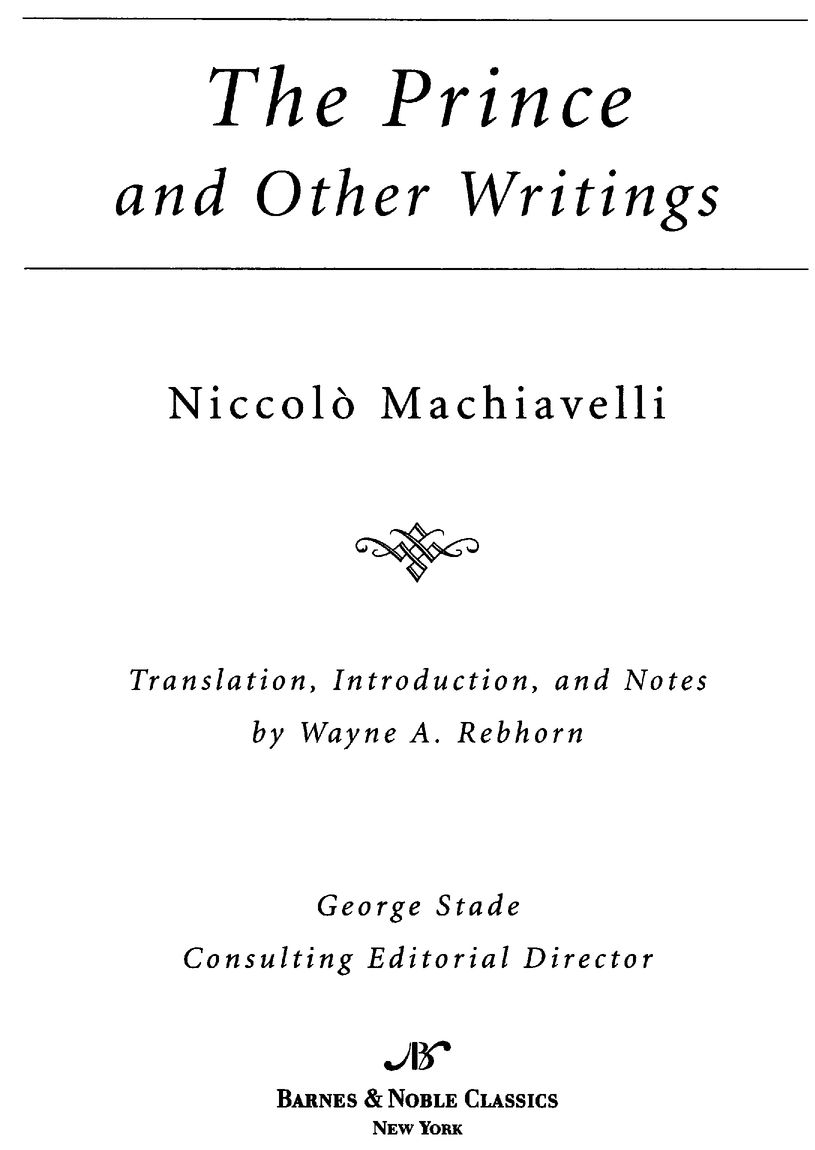
Niccol Machiavelli
Statesman, political theorist, republican, essayist, historian, biographer, poet, and dramatist, Niccol di Bernardo de Machiavelli was born May 3, 1469, in the city of Florence, during an era of political upheaval on the Italian peninsula. The Machiavelli family had held numerous positions in the Florentine government, but Niccols father was not wealthy and could not give his son access to Florences most powerful families. Little is known of Niccols youth, save that he studied Latin and the classics, including Livys History of the Roman Republic.
In 1494 the Medici family, which had controlled the politics of Florence for a century, was driven out of the city, and the Florentine Republic was established, heavily influenced by the monk Girolamo Savonarola, who preached against tyranny and corruption. When the Savonarola regime collapsed in 1498, Machiavelli was installed in the newly elected city government; he was appointed Head of the Second Chancery, was secretary to the governing council that directed foreign affairs and defense, and exercised influence in his unofficial role as counselor to the head of the government, Piero Soderini. Machiavelli served for fourteen years in these powerful political and diplomatic positions, which allowed him to experience the behind-the-scenes world of European politicsincluding missions to the Holy Roman Emperor Maximilian, King Louis XII of France, Cesare Borgia, who was the son of Pope Alexander VI, and Julius II, who followed Alexander as popeand his observations profoundly influenced his political philosophy. Machiavellis work for the Florentine republic awakened him to the challenges facing the Italian city-states, and his later writings reflect his keen desire to rescue Italy from its subjection to foreign powers because of its fractionalism.
Machiavellis fortunes changed in 1512, when Spain invaded Italy and dismantled the republic of Florence. The Medici family reclaimed power and promptly dismissed Machiavelli. In early 1513 Machiavelli was imprisoned and tortured on charges of conspiracy against the Medici. He maintained his innocence and was pardoned on the condition that he withdraw to his villa in Percussina, seven miles outside the city. It was there, cut off from Florences political milieu, that he wrote The Prince, as well as his other enduring political works, The Art of War and Discourses on the First Ten Books of Titus Livy.
Composed in a matter of months following Machiavellis release from prison, The Prince was an effort to secure the future stability of Italy, and especially Florence, through unsentimental, pragmatic, and strategic statecraft, and to gain the trust of the Medici, which would allow Machiavelli to return to public life. But this was not to be: Although he was eventually given a relatively small political office by the Medici, he never regained the important political position he had held in the Republic. Moreover, the two successive Medici princes to whom The Prince was dedicated died before Machiavellis hopes could be realized, and of his political works, only The Art of War was published in his lifetime. Machiavelli was an active member of the Orti Oricellari intellectual circle, and he continued to write on a wide range of subjects during the remaining fourteen years of his life. He wrote the popular comedy The Mandrake Root in 1518, and a biography, The Life of Castruccio Castracani, in 1520. In that same year, Machiavelli succeeded in regaining the favor of the Medici; he was given a commission to write the History of Florence, which he completed in 1525. Before his death, the lifelong republican saw the fall of the Medici and the return of the Florentine Republic in 1527, although officials refused to restore him to his old political position because of his association with the Medici. Niccol Machiavelli died in Florence on June 21, 1527.
The Italian States of the Late 15th Century
Reprinted by permission of Waveland Press, Inc. from Niccol Machiavelli, The Prince (translated by Leo Paul S. de Alvarez). (Long Grove, IL; Waveland Press, Inc., 1980 [reissued 1989]). All rights reserved.
The World of Niccol Machiavelli and The Prince
| 1453 | Constantinople falls to the Turks, who begin their relentless spread, which will last some 300 years, into the Balkans and central Europe. Greek scholars flee to Italy with important manuscripts, enhancing the study of Greek and the printing of Greek texts. |

